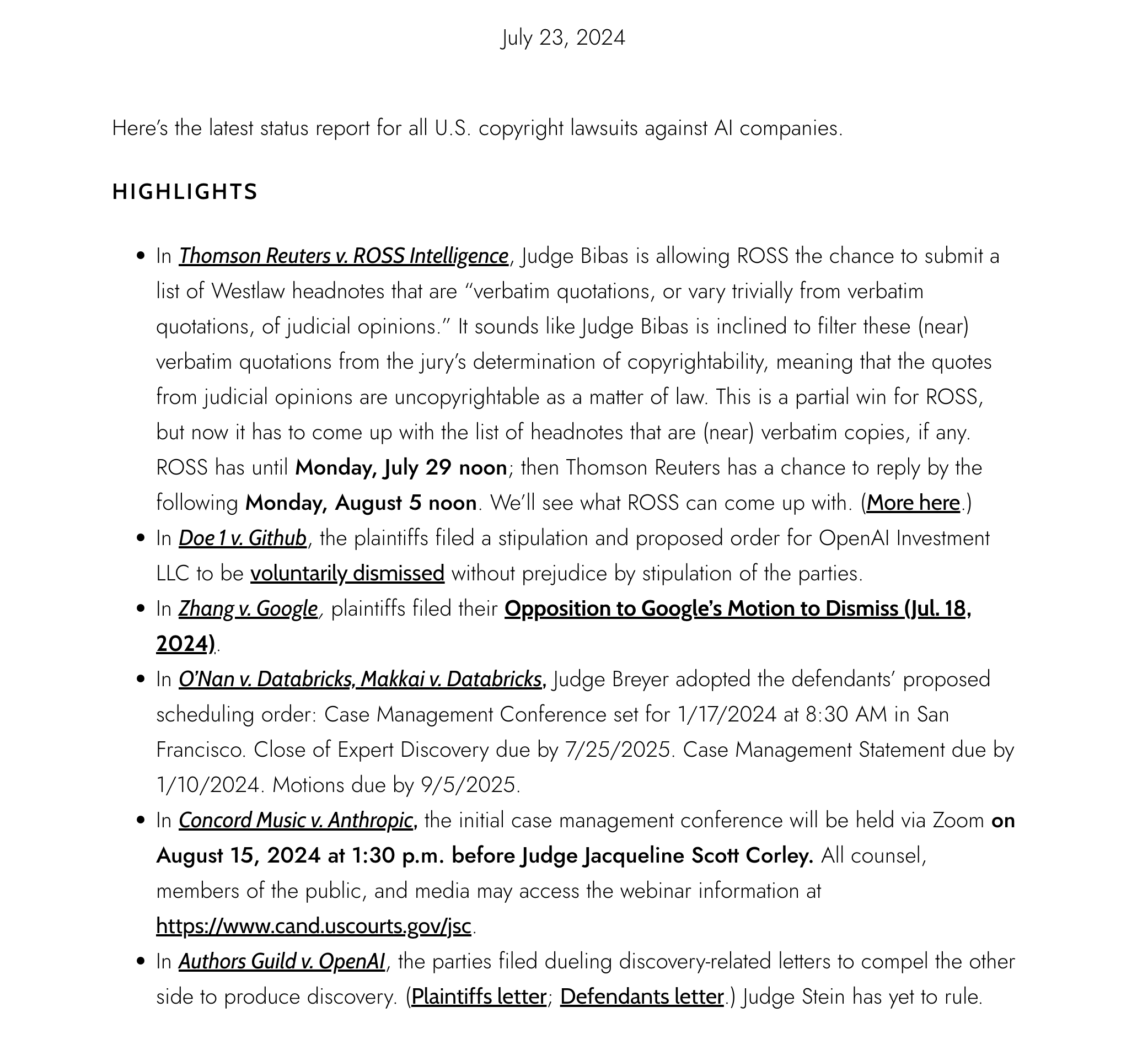Chief Justice John Roberts, of the US Supreme Court, has urged the legal community to exercise “caution and humility” in the face of artificial intelligence’s (AI) transformative impact on the legal domain. Recognizing AI’s potential benefits, such as increased access to justice and more efficient legal research, Roberts also highlighted concerns, emphasizing the need for careful consideration.
AI’s broad potential and legal concerns
While acknowledging AI’s positive contributions, Roberts voiced concerns regarding privacy issues and the potential limitations of AI when navigating the intricate nuances of human discretion. Predicting significant effects on judicial work, particularly at the trial level, Roberts emphasized the indispensable role of human judges alongside AI advancements.
Legal challenges and proposals for regulation
Lower courts are grappling with challenges posed by AI, including the generation of fictitious content. Roberts cited instances where AI-generated content led to the inclusion of non-existent cases in court papers. This concern gains significance with recent revelations involving Michael Cohen, former lawyer for Donald Trump, inadvertently including fake case citations generated by an AI program in official court documents.
In response to these challenges, the 5th US Circuit Court of Appeals in New Orleans has proposed a rule regulating the use of generative AI tools by lawyers. The rule aims to ensure transparency, obliging lawyers to certify whether AI programs were involved in drafting briefs and advocating for human oversight to maintain accuracy in court filings.
The ongoing debate: Risks and opportunities in AI adoption
The delicate balance between risks and opportunities in the rapidly evolving AI landscape remains uncertain. Organizations are urged to understand best practices within AI for responsible harnessing, especially in ways prioritizing privacy. These considerations come into sharp focus at Global Privacy Day on January 25, 2024, where experts will discuss the role of AI in business communities worldwide.
Key session: Exploring AI in B2B interactions
A crucial session at Global Privacy Day, titled “Exploring Artificial Intelligence in the B2B Realm,” will address the pivotal role of AI in collaborative business environments. This session aims to provide insights into strategic AI management within B2B interactions, covering best practices for overseeing implementation, ensuring compliance, and fostering effective partnerships. Attendees can expect a discussion on key considerations, challenges, and practical approaches to leveraging AI’s potential while maintaining fruitful collaborations.
Global Privacy Day, scheduled virtually on January 25, 2024, as part of Data Privacy Day, will bring together thought leaders and industry professionals. This one-day event offers a platform for networking, exchanging ideas, gaining insights into the latest developments in privacy, and discussing strategies for data protection. Professionals will explore current challenges and prospects in the ever-evolving landscape of data privacy.





